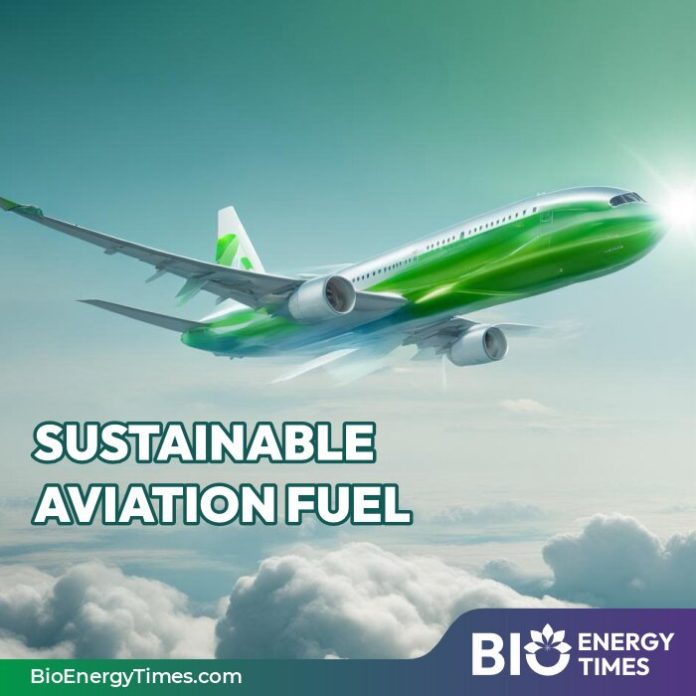The International Aviation Group (IAG) has announced an investment in Wastefront, a company specializing in converting used tyres into sustainable aviation fuel (SAF). This partnership marks another milestone in IAG’s commitment to adopting SAF as part of its sustainability initiatives.
Wastefront plans to convert waste tyres into tyre-derived oil, which will then be refined into road fuels and SAF. The investment enables Wastefront to begin construction on its fully circular tyre-to-fuel facility at the Port of Sunderland, scheduled to start operations in 2026. Once fully operational in 2027, the plant will process up to 10 million waste tyres annually.
The UK currently generates approximately 50 million end-of-life tyres each year. Most of these are exported to countries like India, where they are either incinerated in cement plants or disposed of in landfills. Wastefront’s Sunderland facility will play a vital role in addressing this environmental challenge while supporting the UK’s SAF mandate.
The mandate, which came into effect on January 1, requires at least 10% of all jet fuel used in UK-departing flights to come from sustainable sources by 2030, with the target increasing to 22% by 2040.
Jonathon Counsell, IAG’s Group Sustainability Officer, praised the partnership, stating: “We’re proud to support innovators like Wastefront, who are finding new forms of feedstocks to produce advanced fuels. However, as global demand for SAF grows, it’s crucial to expand production in the UK. The recent Government mandate will help reduce aviation’s overall carbon impact, but airlines need confidence that the planned revenue certainty mechanism will support UK businesses in developing SAF technology without further increasing the cost base for UK airlines.”
Vianney Valès, CEO of Wastefront, highlighted the environmental and economic potential of the project. “At Wastefront, our mission is to turn a problematic waste stream into a highly valuable resource. We can create SAF at an extremely competitive cost with a very low environmental footprint, capable of reducing carbon emissions in the production process by up to 80% compared to traditional jet fuels. This investment is a testament to the potential of Wastefront’s technology in tackling waste and air pollution.”
The Sunderland facility is poised to become a key player in the UK’s SAF production, contributing to both environmental sustainability and the aviation industry’s efforts to meet ambitious carbon reduction goals.
For detailed information and further insights, please refer to BioEnergyTimes.com, which provides the latest news about the Sustainable Aviation Fuel Industry














